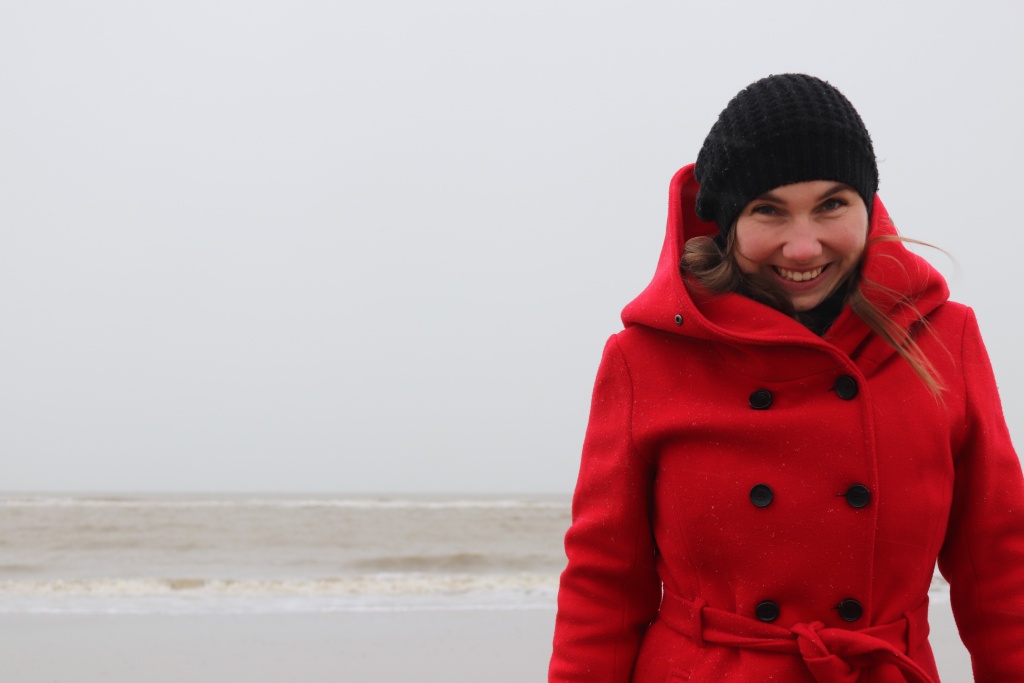EPEC Profiles – Carina Heinreichsberger
In this series from the EPEC Communication Working Group, we meet members of the Europlanet Early Career (EPEC) community and find out more about their experiences and aspirations.
Carina Heinreichsberger is working on the upper atmospheres of Earth, Venus, and Mars with a 1D hydrodynamic Code developed at the Institute of Astrophysics in Vienna.
My story is not the typical “I have gazed into the night sky since I was a kid” – kind of story. I was actually quite bad at maths and physics during school. However, when Curiosity landed on Mars things changed. I was suddenly really interested in a topic that I have never thought about before. I read all the news I could find and at some point, decided that reading about it was not enough anymore; I wanted to work on it. I want to be at the very front of science, ask my own questions and find answers to them.
At the same time, being very aware of my lacking knowledge in maths and physics, I began wondering if biology might be more suitable (I attended a school that was focused on biology and chemistry). But I went for it. I formed strong bonds with my colleagues, whom I can now call very close friends, and it paid off! I made it through my Astrophysics Bachelor’s Degree and started my Master’s Degree courses in 2018.
During my time at the Institute of Astrophysics in Vienna, I have always been amazed by exoplanetary science. There was a time when I thought I would become a cosmologist, but I quickly decided that my home lies with planetary bodies. Planet formation is especially fascinating for me, and for my Bachelor’s thesis, I worked on a topic that was related to this – the classification of exoplanets through their mean densities. The wake-up call from this highly naïve approach came soon enough, with planets of densities around 1000g/cm^3. This was the point when I first realized that there are many things that seem simple but are highly complicated. I loved it and still do!
For my Master’s thesis, I joined Manuel Güdel’s group, and since then I have been working on upper atmospheres with a 1D hydrodynamic code called Kompot-Code, developed at our institute in Vienna. Currently, I am testing this code with the future goal being the investigation of early Venus’ CO2 mixing ratios, and/or Mars atmospheric escape.
I joined the EPEC annual week with no expectations, and left with new friends and a supportive community behind me. The working groups are an amazing opportunity to form connections with other scientists and I am happy to be part of this wonderful group of people now.
Carina Heinreichsberger
More information about Carina Heinreichsberger:
Contact: c.hb@gmx.at
If you are an Early Career member of the Europlanet Society and would like to be featured in an EPEC Profile, find out more about how to submit your profile.
See all the EPEC Profiles.


